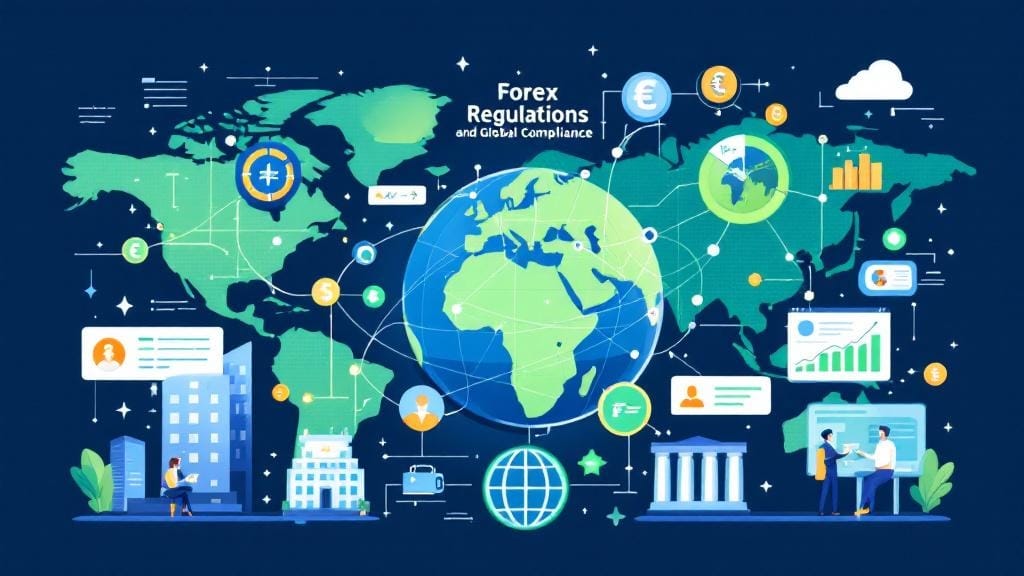Unexpected medical bills can throw your entire financial life off balance. Whether it’s a sudden emergency room visit or a surgery you didn’t plan for, medical expenses can add up fast—especially if you’re uninsured or underinsured. The good news? You’re not alone, and medical debt help is available.
In this comprehensive guide, we’ll walk you through the most effective strategies to reduce, negotiate, or even eliminate medical debt. From medical debt relief programs to tips on spotting billing errors, you’ll learn how to take control of your healthcare costs without destroying your finances or credit score.
🏥 Understanding Why Medical Debt Happens
Medical debt is one of the most common forms of debt in the United States. A single hospital stay can cost thousands—even tens of thousands—of dollars. Here’s why people fall into medical debt:
-
High healthcare costs and health insurance gaps
-
Unexpected emergency room charges
-
Surprise medical bills from out-of-network providers
-
Errors in medical billing
-
Delays or denials in insurance claims
-
Lack of access to financial assistance for medical bills
Real-Life Example:
Lisa, a 32-year-old freelance graphic designer, had to rush to the ER due to a severe allergic reaction. Even with health insurance, her deductible was $2,500. She was shocked to receive an $8,000 bill due to out-of-network lab testing she didn’t authorize.
💡 Step-by-Step Guide to Get Medical Debt Help
1. Review and Verify the Medical Bill
Before you panic, double-check every charge. Medical billing errors are surprisingly common.
What to look for:
-
Duplicate charges
-
Services not received
-
Wrong patient information
-
Incorrect insurance processing
Tip: Ask for an itemized bill. You have the right to request a detailed breakdown of every service.
2. Understand Your Patient Financial Responsibility
Know what your health insurance is supposed to cover. Sometimes, insurance companies deny valid claims or pay less than expected.
-
Check your Explanation of Benefits (EOB)
-
Contact your insurance provider to clarify coverage
-
Resubmit denied claims with supporting documents
📞 Explore Medical Debt Relief Programs
Many nonprofit medical debt help organizations offer assistance to those struggling financially.
Top Resources for Medical Debt Relief:
-
RIP Medical Debt: Forgives medical debt for eligible low-income patients
-
HealthWell Foundation: Provides grants to help cover out-of-pocket costs
-
Patient Advocate Foundation: Offers case management and financial aid
-
Local hospitals’ financial assistance programs (required by law for nonprofit hospitals)
These programs can significantly reduce medical expenses or even forgive medical debt entirely.
💬 How to Negotiate Medical Debt
Most hospitals and clinics will negotiate medical debt if you’re proactive.
How to do it:
-
Call the billing department and explain your financial situation
-
Request a discount for prompt payment or a financial hardship discount
-
Ask about interest-free payment plans
-
Offer a lump-sum payment in exchange for a reduced total
Pro Tip: Always get any agreement in writing before paying.
🔁 Consolidate Medical Debt
If you have multiple bills from different providers, you might want to consolidate medical debt into one manageable monthly payment.
Options include:
-
Medical credit cards (0% interest intro offers)
-
Personal loans from a bank or credit union
-
Debt management plans from credit counseling agencies
Just be careful: Avoid high-interest loans or risky payday lenders.
💳 How Medical Debt Affects Your Credit Score
As of 2023, the three major credit bureaus (Experian, Equifax, TransUnion) have made some changes:
-
Paid medical debt is no longer reported on credit reports
-
Unpaid medical bills under $500 are not included
-
Medical debt in collections will now wait 12 months before appearing on your credit report
Still, large unpaid medical expenses can harm your credit if ignored too long.
🤝 Get Help With Hospital Bills—Don’t Go It Alone
Resources to tap:
-
Hospital social workers or billing advocates
-
Medical bill negotiation services
-
Legal aid clinics (especially if you’re facing aggressive debt collectors)
You have rights! The No Surprises Act protects patients from unexpected out-of-network charges in emergencies. And in many states, nonprofit hospitals must offer medical bill financial assistance if you meet income guidelines.
✅ Actionable Tips to Reduce Medical Debt
-
Avoid ER unless it’s an emergency—opt for urgent care when possible
-
Use in-network providers only
-
Ask for generic medications
-
Set up an HSA (Health Savings Account) for future expenses
-
Request charity care if you’re uninsured or low-income
-
Always ask for a discount—even if you can afford to pay in full
❌ Don’t Ignore Medical Bills
Even if you can’t pay right away, ignoring them will only make things worse. Medical providers may eventually send your debt to collections, which can lead to:
-
Harassment by debt collectors and medical bill agencies
-
Legal action (in rare cases)
-
Wage garnishment (if a court judgment is obtained)
📌 When Should You Consider Bankruptcy?
If your medical debt is overwhelming and unmanageable, and no other options have worked, medical bankruptcy (usually Chapter 7) may be a last resort.
Consult a qualified bankruptcy attorney before going down this path.
📚 FAQs About Medical Debt Help
1. How can I get rid of medical debt without paying?
If you meet income eligibility, you may qualify for medical debt forgiveness programs from nonprofits like RIP Medical Debt or through hospital charity care.
2. Can medical debt be removed from my credit report?
Yes. As of recent policy changes, paid medical debt no longer affects your credit score. Also, debts under $500 are excluded.
3. Is it better to pay off medical bills or negotiate?
Always try to negotiate first. Many providers will reduce bills for upfront or partial payments.
4. Are there grants or government programs to help with hospital bills?
While there are no federal grants, state-based Medicaid programs, nonprofits, and hospital financial assistance plans offer real help.
5. What should I do if I get a surprise medical bill?
Under the No Surprises Act, you can dispute unexpected out-of-network bills from emergency visits. File a complaint at cms.gov/nosurprises.
6. What’s the best way to consolidate medical debt?
Consider a personal loan with low interest, or talk to a nonprofit credit counselor to create a payment plan.
7. How do I find nonprofit medical debt help near me?
Start with your hospital’s billing office, or visit needymeds.org to search for programs by zip code.
🧾 Conclusion: You Have Options for Medical Debt Help
Medical debt help is more accessible than ever if you know where to look. Whether you’re trying to pay off medical bills, negotiate with hospitals, or get rid of debt entirely, taking the first step is what matters most.
Don’t suffer in silence. With a combination of knowledge, persistence, and the right support—you can regain control of your finances and breathe easier knowing you’re not alone.








Comments (0)